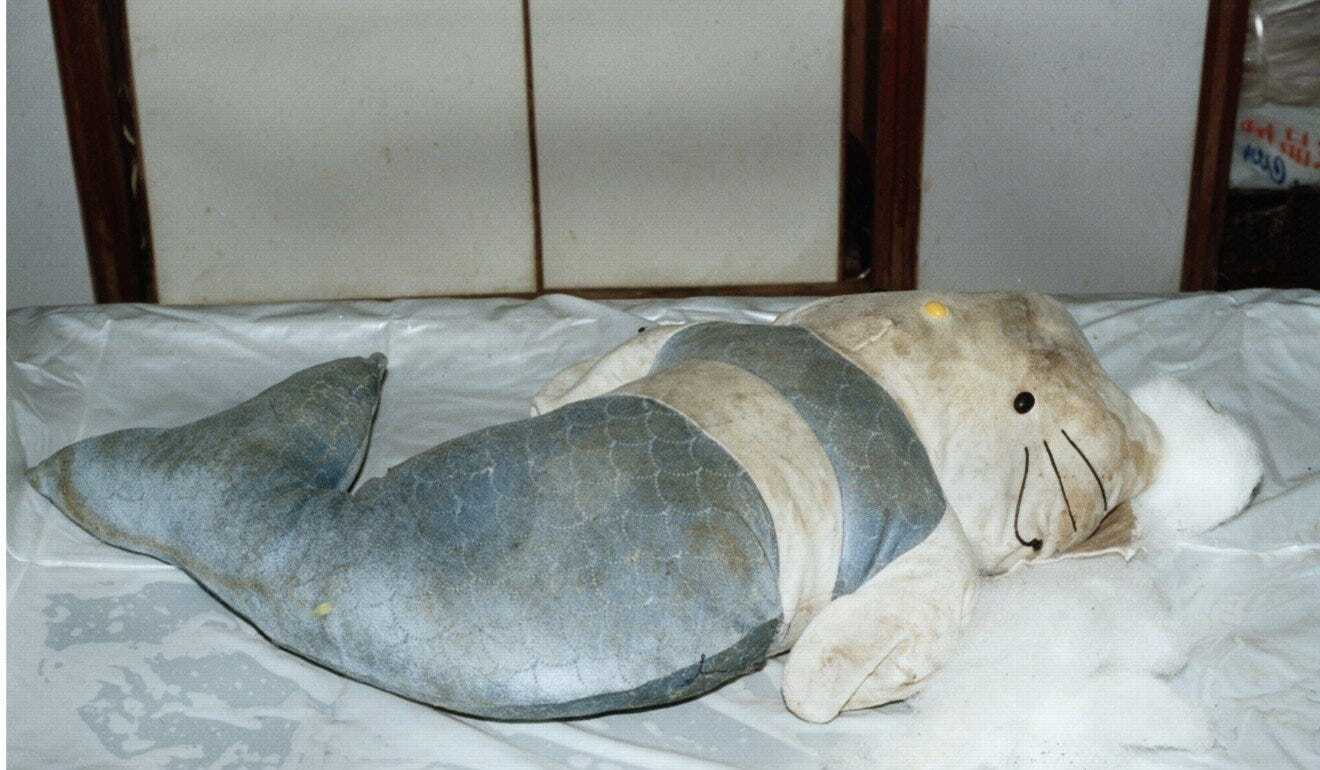
Gerstmann–Sträussler–Scheinker Syndrome (GSS) is a rare, inherited prion disease that affects the brain. GSS typically appears in individuals between the ages of 35 and 55, causing progressive problems with movement and coordination. Symptoms often start subtly, with balance issues and clumsiness, but gradually worsen over time. Unlike other prion diseases, GSS progresses more slowly, sometimes taking years before severe symptoms emerge. This condition is caused by mutations in the PRNP gene, which provides instructions for making a protein called prion protein. When this protein misfolds, it leads to brain damage. GSS is inherited in an autosomal dominant pattern, meaning one copy of the altered gene is enough to cause the disorder. Understanding GSS can help families prepare and seek appropriate medical care.
What is Gerstmann–Sträussler–Scheinker Syndrome?
Gerstmann–Sträussler–Scheinker Syndrome (GSS) is a rare, inherited neurodegenerative disorder. It primarily affects the brain, leading to a range of symptoms that worsen over time. Let's dive into some intriguing facts about this condition.
-
GSS is a prion disease, meaning it's caused by abnormal proteins that can induce other proteins to misfold.
-
The syndrome is named after three neurologists: Josef Gerstmann, Ernst Sträussler, and Ilya Scheinker, who first described it in the 1930s.
-
GSS is inherited in an autosomal dominant manner, meaning only one copy of the mutated gene is needed for the disease to manifest.
Symptoms and Diagnosis
Understanding the symptoms and how GSS is diagnosed can help in early detection and management.
-
Symptoms typically begin between the ages of 35 and 55, although they can appear earlier or later.
-
Early symptoms often include difficulty with coordination and balance, known as ataxia.
-
As the disease progresses, individuals may experience memory loss, dementia, and changes in behavior.
-
Diagnosis usually involves a combination of genetic testing, neurological exams, and sometimes brain imaging.
-
A definitive diagnosis can be made through a brain biopsy, although this is rarely done due to its invasive nature.
Genetic Mutations and Prions
The genetic and molecular basis of GSS is fascinating and complex.
-
GSS is linked to mutations in the PRNP gene, which encodes the prion protein.
-
The most common mutation associated with GSS is a point mutation at codon 102 of the PRNP gene.
-
Prions are unique infectious agents because they lack nucleic acids, unlike viruses and bacteria.
-
These misfolded prion proteins can aggregate and form plaques in the brain, leading to neurodegeneration.
Treatment and Management
Currently, there is no cure for GSS, but understanding treatment options is crucial for managing the disease.
-
Treatment focuses on alleviating symptoms and improving quality of life.
-
Physical therapy can help manage ataxia and improve mobility.
-
Medications may be prescribed to address specific symptoms like muscle stiffness or seizures.
-
Supportive care, including counseling and social support, is essential for both patients and their families.
Research and Future Directions
Ongoing research aims to better understand GSS and develop potential treatments.
-
Scientists are exploring the role of prion proteins in other neurodegenerative diseases like Alzheimer's and Parkinson's.
-
Gene therapy is being investigated as a potential treatment for prion diseases, including GSS.
-
Animal models, such as transgenic mice, are used to study the disease and test new therapies.
-
Increased awareness and funding for prion disease research could lead to breakthroughs in understanding and treating GSS.
Final Thoughts on GSS Syndrome
Gerstmann–Sträussler–Scheinker Syndrome (GSS) is a rare, inherited prion disease that affects the brain. It leads to progressive problems with movement, coordination, and cognitive decline. Symptoms usually appear between ages 35 and 55, but they can start earlier or later. GSS is caused by mutations in the PRNP gene, which provides instructions for making the prion protein. There’s no cure yet, but treatments focus on managing symptoms and improving quality of life.
Understanding GSS is crucial for early diagnosis and better care. Genetic counseling can help families understand their risks. Research continues to look for effective treatments and a potential cure. Awareness and education about GSS can support those affected and drive scientific progress. If you or someone you know shows symptoms, consult a healthcare professional for guidance and support.
Was this page helpful?
Our commitment to delivering trustworthy and engaging content is at the heart of what we do. Each fact on our site is contributed by real users like you, bringing a wealth of diverse insights and information. To ensure the highest standards of accuracy and reliability, our dedicated editors meticulously review each submission. This process guarantees that the facts we share are not only fascinating but also credible. Trust in our commitment to quality and authenticity as you explore and learn with us.


